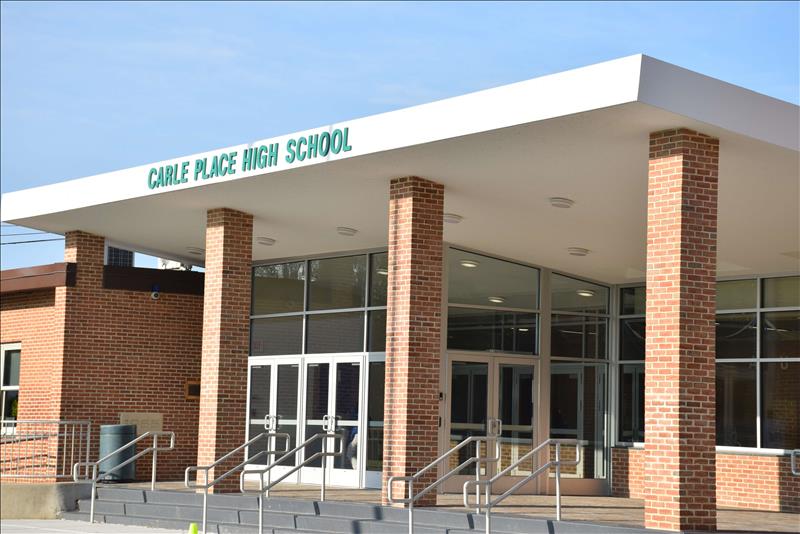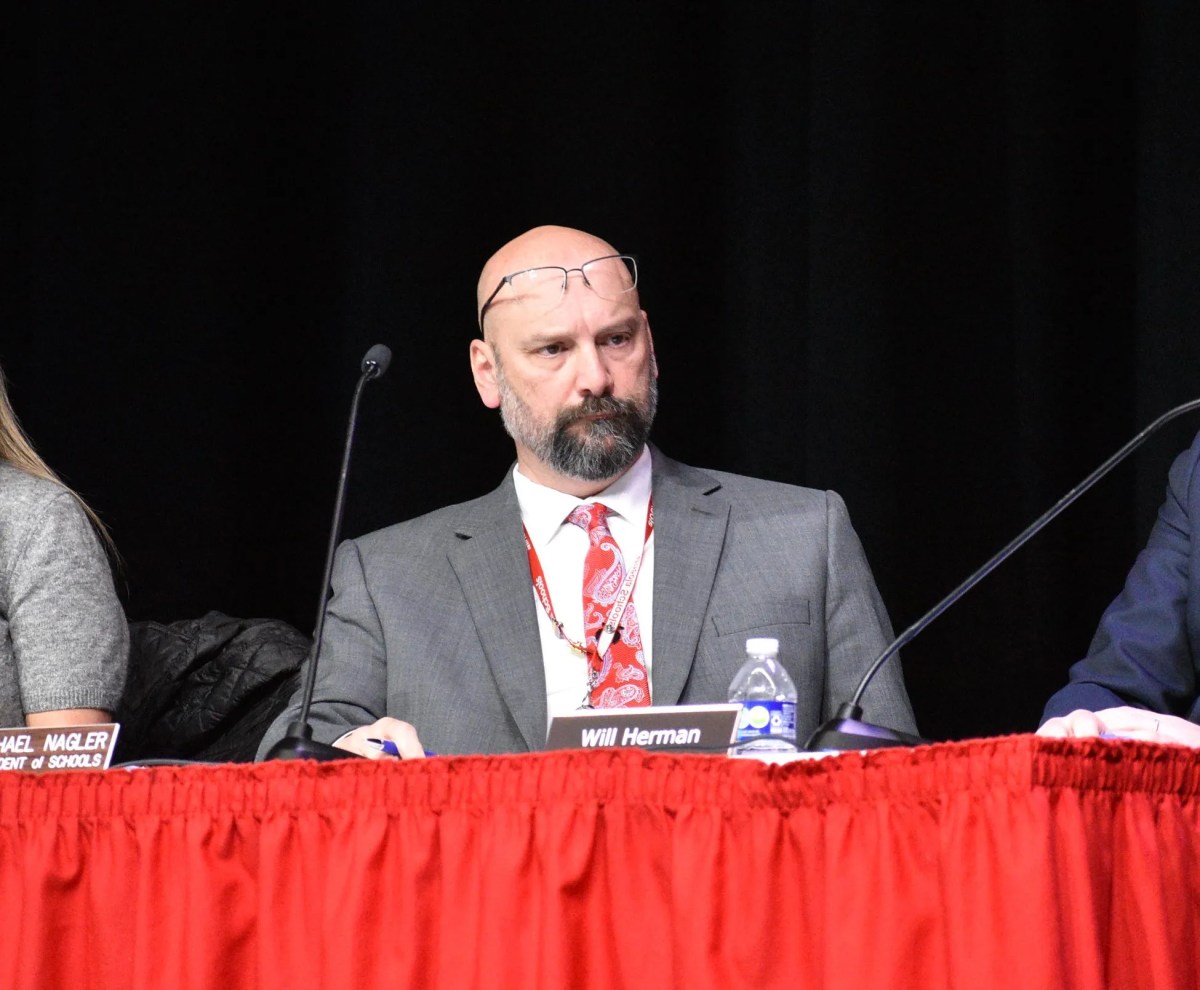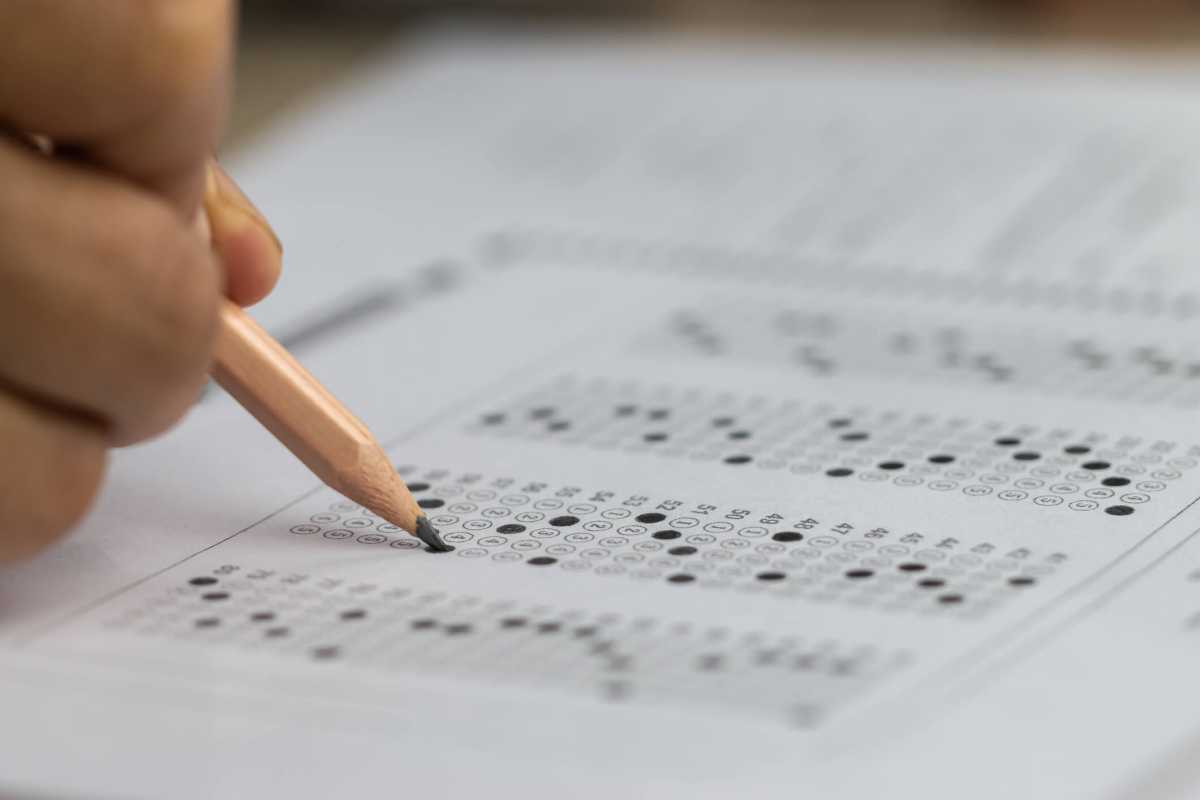With education officials using toilet paper to test for air circulation ahead of the city’s plan to reopen schools, the developer of a ventilation system that he says kills COVID-19 germs can’t even get an airing out on the technology from municipal agencies and lawmakers.
Scientific Environmental, a division of Scientific Fire developed the air purifying technology, known as the NeedlePoint Bi-Polar Ionization (or NPBI). It is installed into a building’s HVAC system and works by generating a plasma that creates positive and negative ions.
These ions travel through the airstream and cluster around harmful contaminates in the air. The ions strip these pathogens of hydrogen and transform them into water vapor.
A national study conducted by Harvard University and published this spring demonstrated a clear statistical link between COVID-19 deaths and diseases associated with long-term exposure to fine particulate matter.
Ionization technology, which has been available for decades, has seen a boon in recent months as businesses and school districts across the country seek air purifying solutions that will allow them to reopen safely.
Scientific Environmental Business Development Director Gabe Sauer has attempted to put the technology on the radar of the city’s Departments of Education, Health and Mental Hygiene, NYC Health + Hospitals, the City Council’s Education Committee and Brooklyn Borough President Eric Adams for the past month with repeated emails – verified by KCP – that have never been returned.
“It’s inconceivable that, with school only weeks away, the DOE continues to appear unconcerned about upgrading classroom ventilation,” said Sauer.
Numerous KCP emails and calls to the DOE press office went unreturned
Several of the city agencies responded that there is nothing they can do regarding Sauer’s request on the technology as they are not part of the vetting process, in which vendors can pitch, demonstrate and sell their wares to the city.

City Councilmember Mark Treyger (D-Coney Island, Bensonhurst, Gravesend), chair of the council’s Education Committee, said there is a ventilation issue at a number of city schools, but the committee doesn’t purchase or vet companies offering solutions.
“The DOE’s Division of School Facilities (DSF) are the folks the company should contact,” said Teryger, adding even if the technology is top-notch the DOE is broke and that’s why the city needs the greenlight from Albany to borrow money.
Treyger said the DOE’s Fiscal Year budget is a little more than $25 billion of the city’s roughly $90 billion FY 2021 budget with between $5 and $6 billion going to pension costs. When the state renewed mayoral control of city schools until June 2022 they did so with no strings attached and with no checks and balances, Treyger noted.
Treyger said the toilet paper test is when DOE officials come into schools and clip toilet paper to a yardstick and then raise it near the ceiling lights to see if the toilet paper blows in the ventilated airstream.
“The city has no resources to fully operationalize safety plans for schools,” said Treyger, who is against plans to open high schools on Sept. 21 as the city put forth.
But Sauer said the ventilation system he is pushing will actually save the DOE money in the long run.
“Scientific Environmental’s product requires no maintenance and works for decades, and it will result in HVAC energy cost savings of 15 – 30% per year,” said Sauer.
“Enough with the arts and crafts, and the toilet paper tests. City kids and teachers deserve real solutions,” he added.










